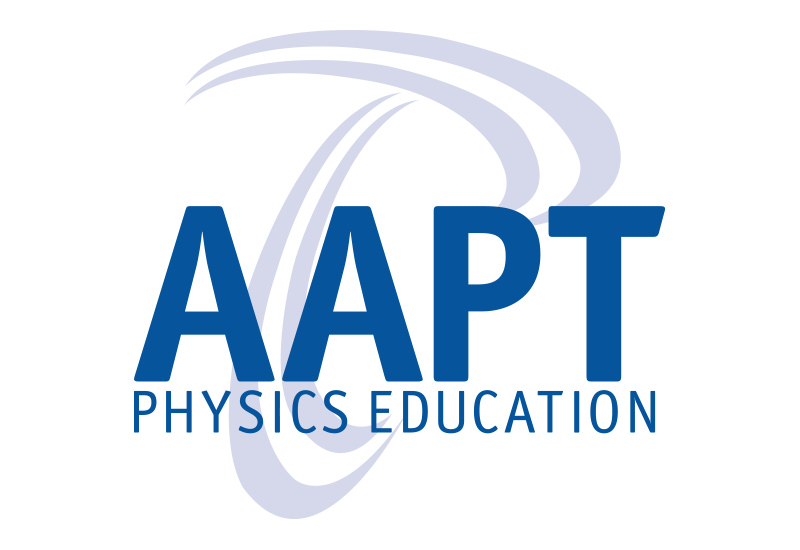Tools for Sharing Teaching Materials

Instructors have a long history of sharing resources between one another within departments and among those who teach the same course, or a follow-on course. With the growth of readily available digital resources on the internet, this sharing culture has grown exponentially. While this can significantly reduce the effort required for instructors to develop materials, emerging research suggests this type of sharing could also offer a direct benefit to students and teachers in the long run.
It is very reasonable for new faculty at any high school or college to be provided with a template of course materials previously used to teach a class. This can include textbooks, lecture notes, and homework assignments. It would make little sense for an instructor to always start from scratch and require them to develop everything on their own. Free Open Educational Resources (OER) have the potential to enhance this practice through large-scale collaborative efforts designed to continually improve course materials.
As noted in The Benefits of Sharing: Student Success and OER from an open faculty development course hosted on the Canvas Network of open courses, faculty can benefit from newly updated or re-worked course materials to ensure latest trends in education are adopted. The benefits of regularly enhancing a course can also lead to exposure and subsequent utilization of new learning technologies as well. The positive impact is not just limited to the course material itself, students also tend to have elevated perceptions of the course and institution attributed to the focus on reducing their financial burden.
Furthermore, as we have highlighted in a previous Expert TA post on academic integrity, Instructors who choose to update their class materials regularly may also limit the ability for students to cheat. As Dr. David Pritchard of the Massachusetts Institute of Technology points out, changes in course format and instructional practices can help to reduce students from copying work by nearly a factor of four.
“Additionally, teachers can write their own questions, use a homework system that proactively guards its answer bank, and structure their classes in such a way that homework can have value once again, ” says Pritchard. Instructors no longer have to turn a blind eye to this serious problem.
There are many avenues instructors can utilize to share their material. Some learning management tools such as Canvas allow instructors to share materials for classes from directly within the program (in Canvas this area is known as Commons). Much of the content found here falls under the Creative Commons License, and you can find more information here about how to utilize this type of material in your classes.
There are also numerous niche websites and forums that provide instructors the ability to collaborate and share materials relative to the subject or discipline. One specific site for Physics and Astronomy is comPADRE. This network of resources is a part of the National Science digital library used by educators, researchers and even students in college-level introductory Physics and Astronomy classes. We plan to dive deeper into comPADRE in the coming weeks.
Sharing course content lets instructors see different teaching perspectives from colleagues in the department, at other schools, or from those providing independent research. A good way to stay great at teaching is by seeing how others teach, and learning valuable best practices and tips from one another.
There are certainly more benefits to instructors sharing resources like their class notes, assignments, and course other materials. Let us know others you think we should have mentioned!
Receive new blog posts in your inbox along with news from Expert TA by signing up for our newsletter.
Formed from the belief that a homework system should help instructors teach and students learn, Expert TA harnesses the power of technology to encourage practice during homework, while also giving meaningful feedback to both instructors and students. The Expert TA blog was created to serve as a hub of information to help educators track and discuss trends in education, software and student performance.



